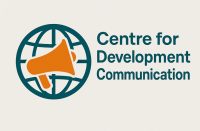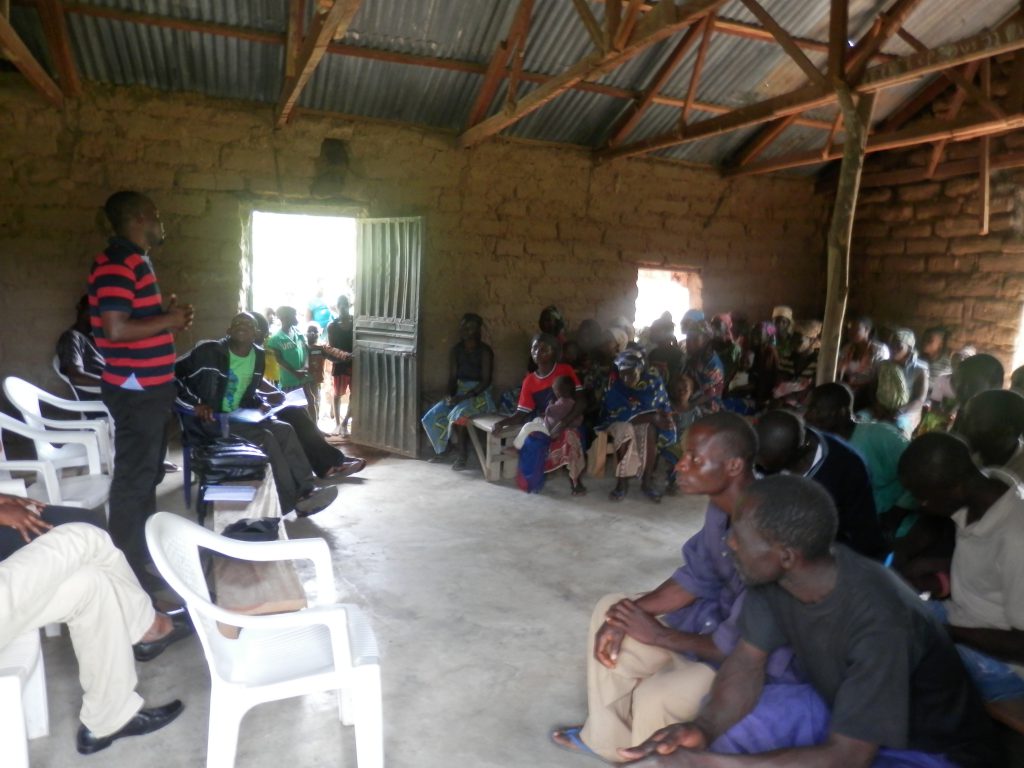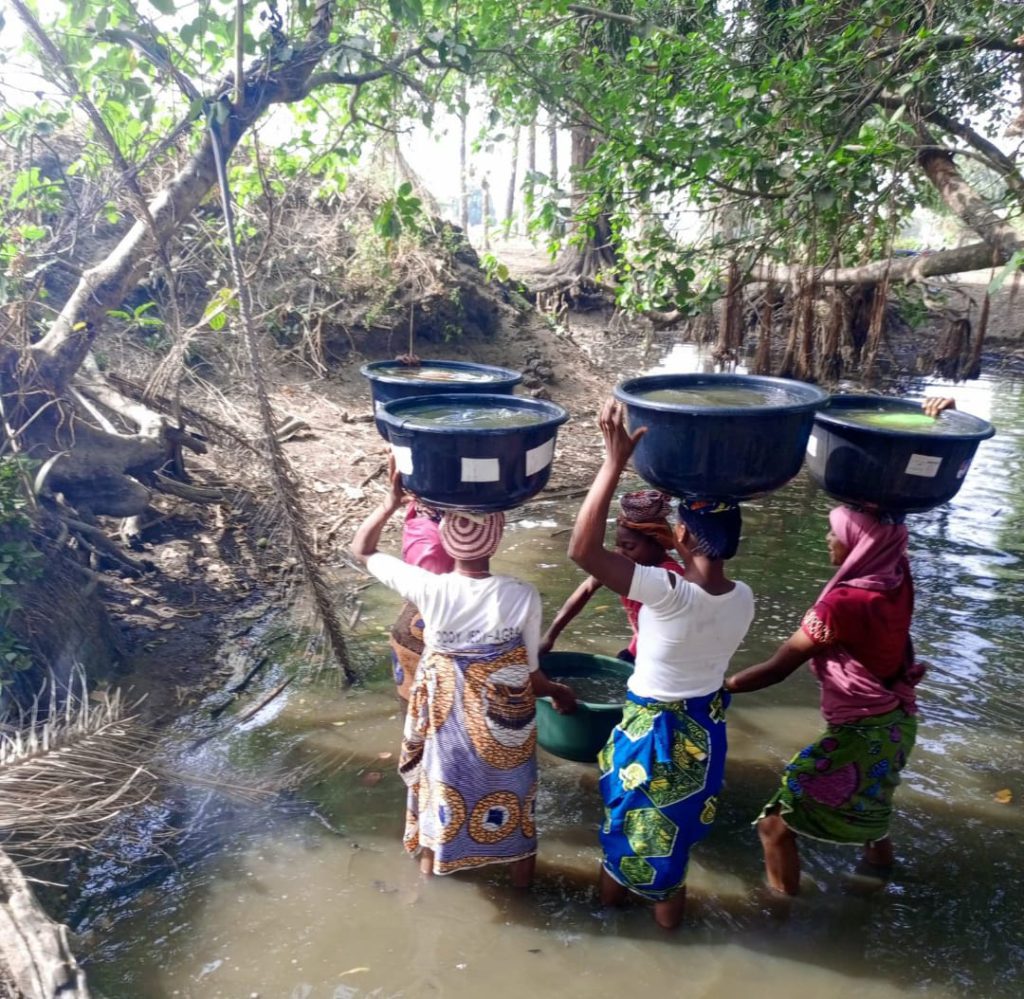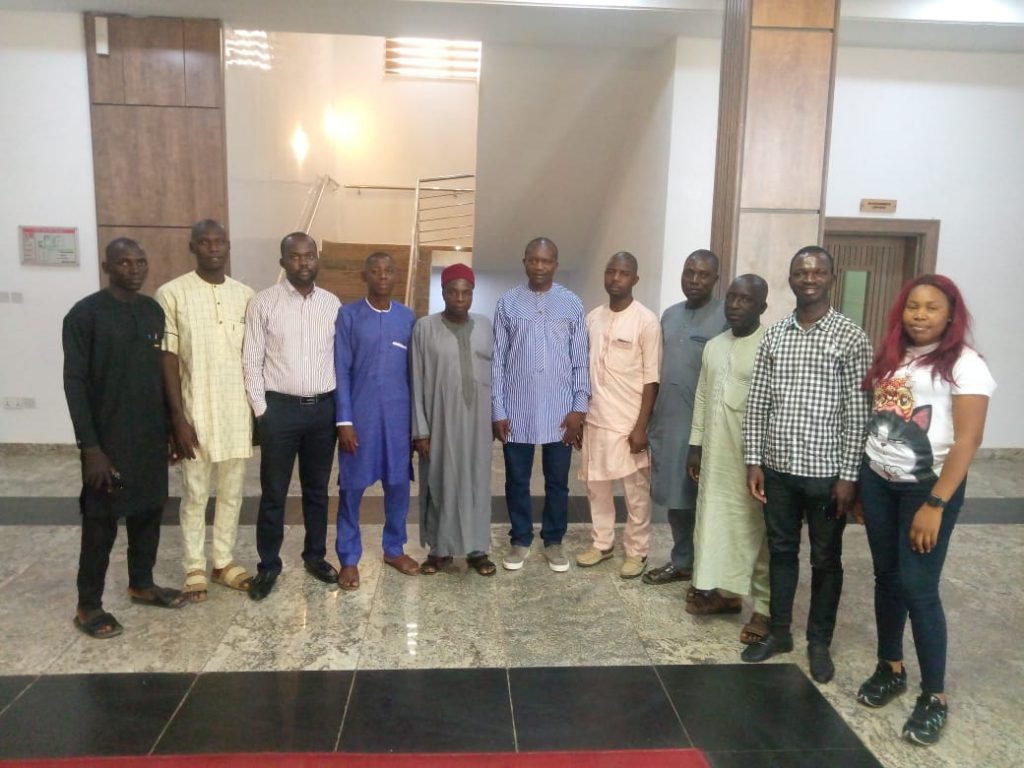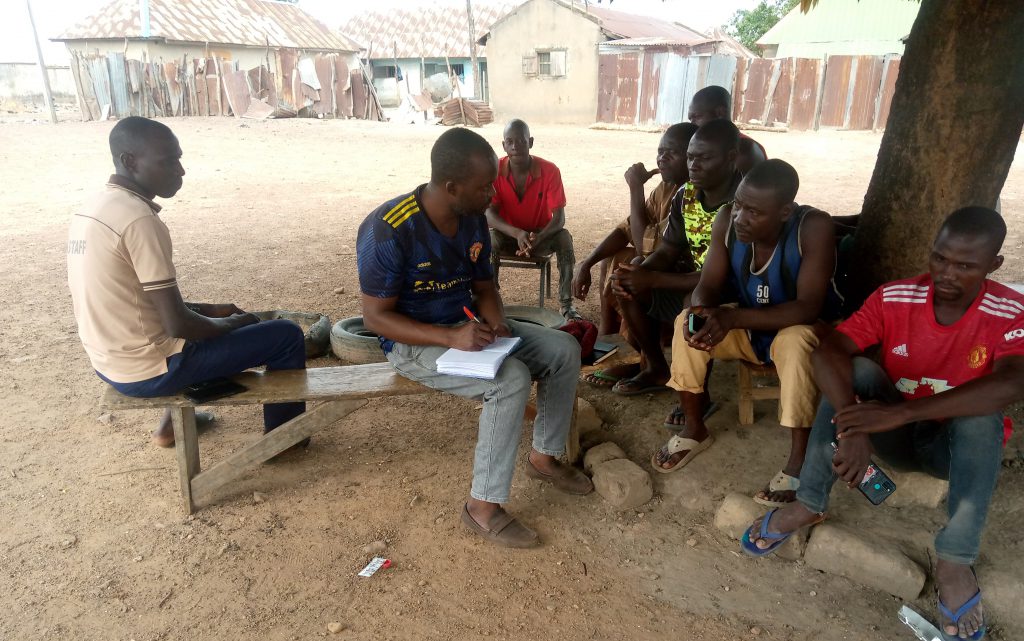Strengthening Cultural and Religious Pluralism in North-Central Nigeria through Participatory Communication Approaches: Evidence from Bokkos and Apa Communities
My baseline research explored how cultural and religious pluralism in North-Central Nigeria can be strengthened through participatory communication approaches. Field evidence from Benue and Plateau States demonstrates that when communities actively participate in dialogue and decision-making on issues affecting them, peaceful coexistence is more achievable—despite differences in cultural identities, belief systems, and religious practices. In […]
